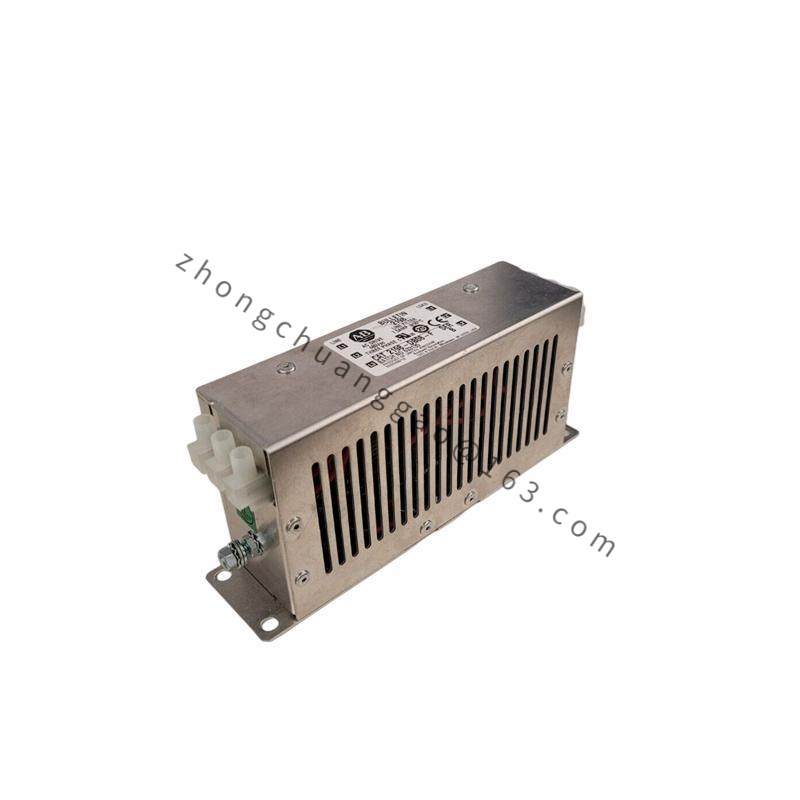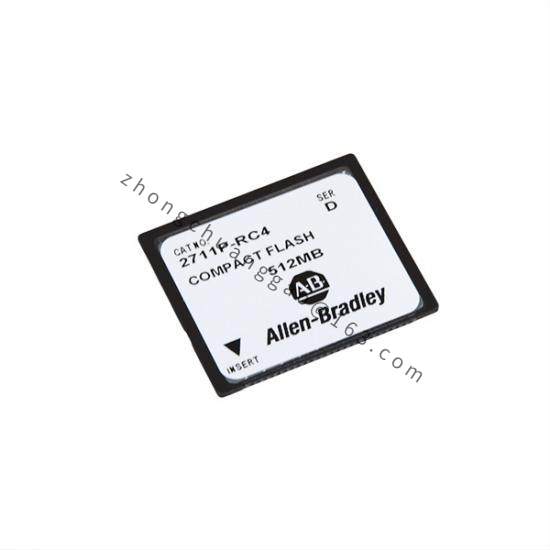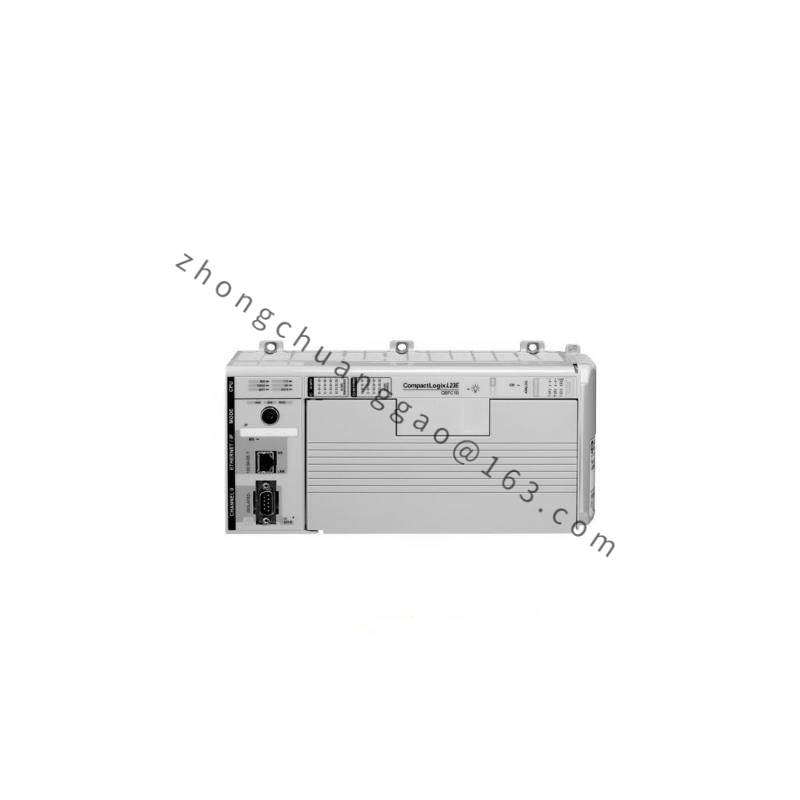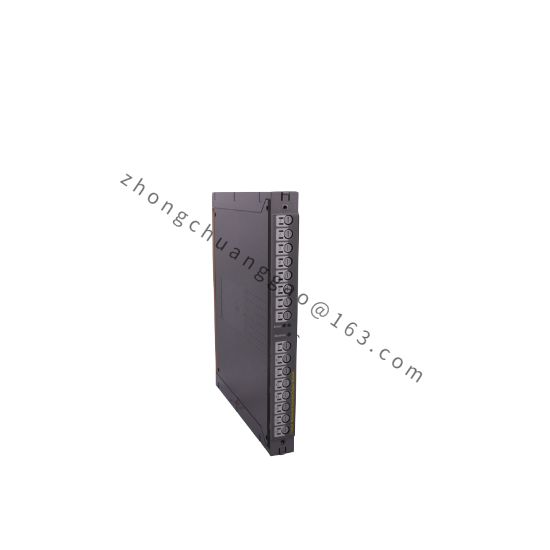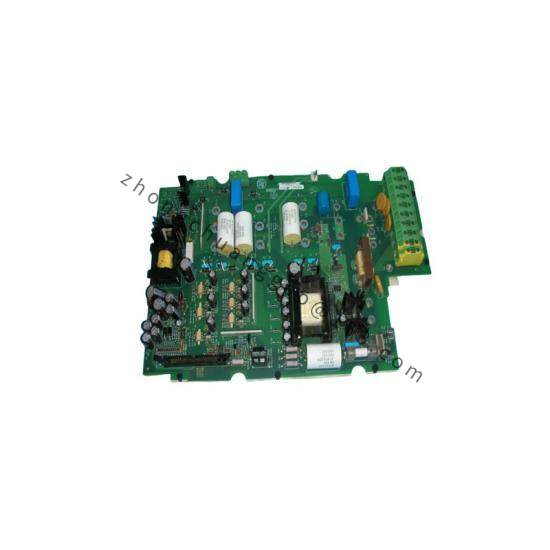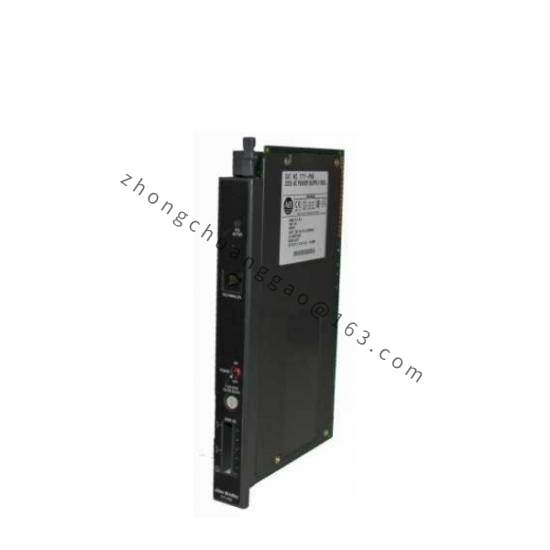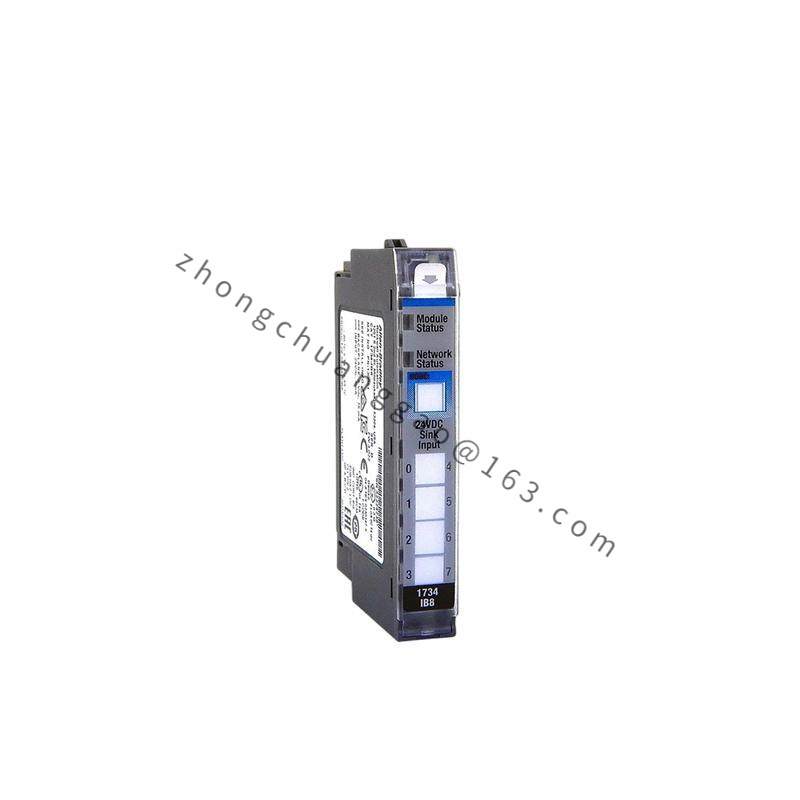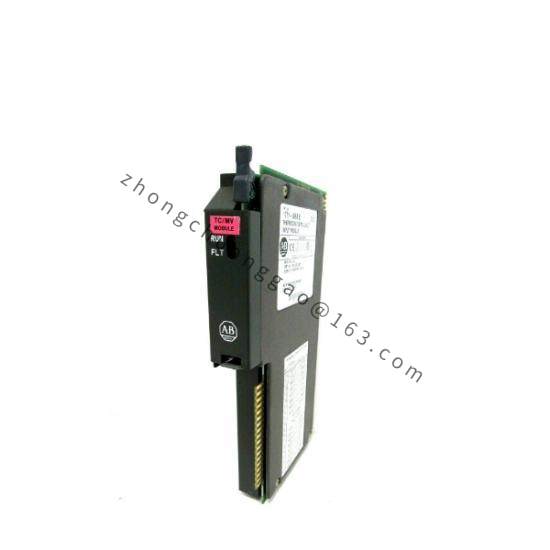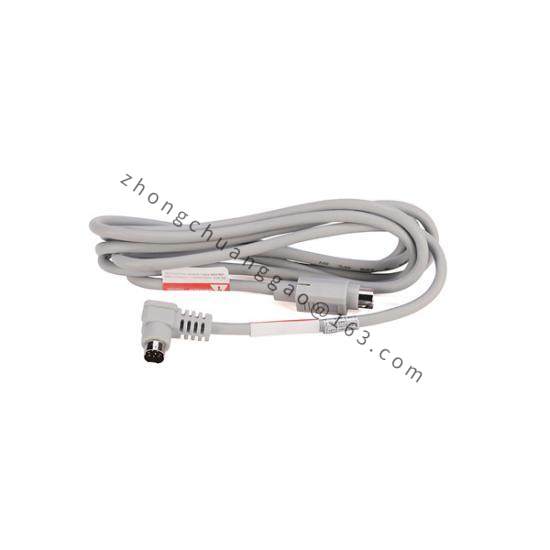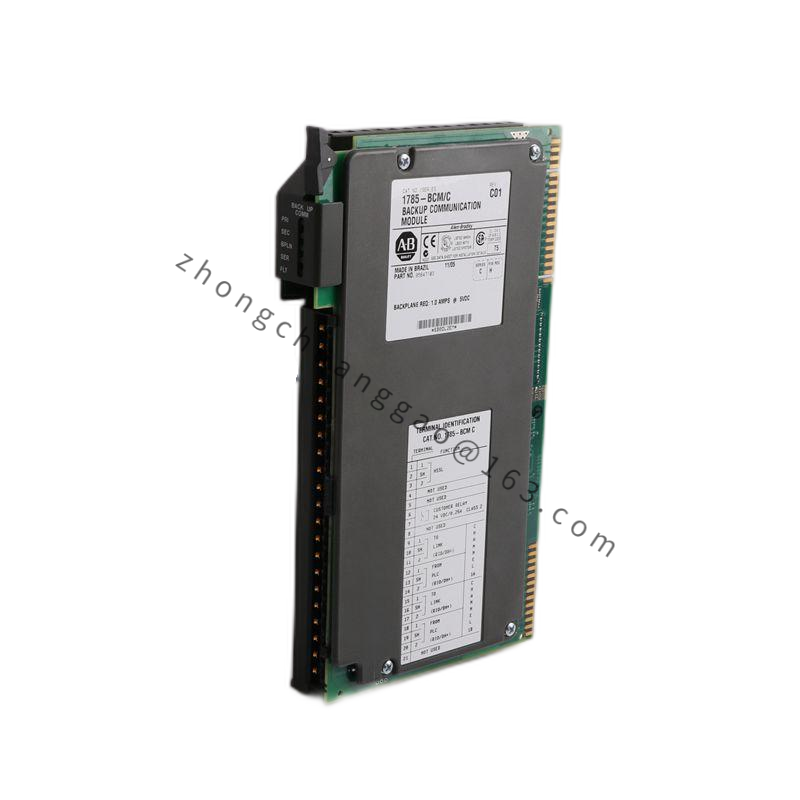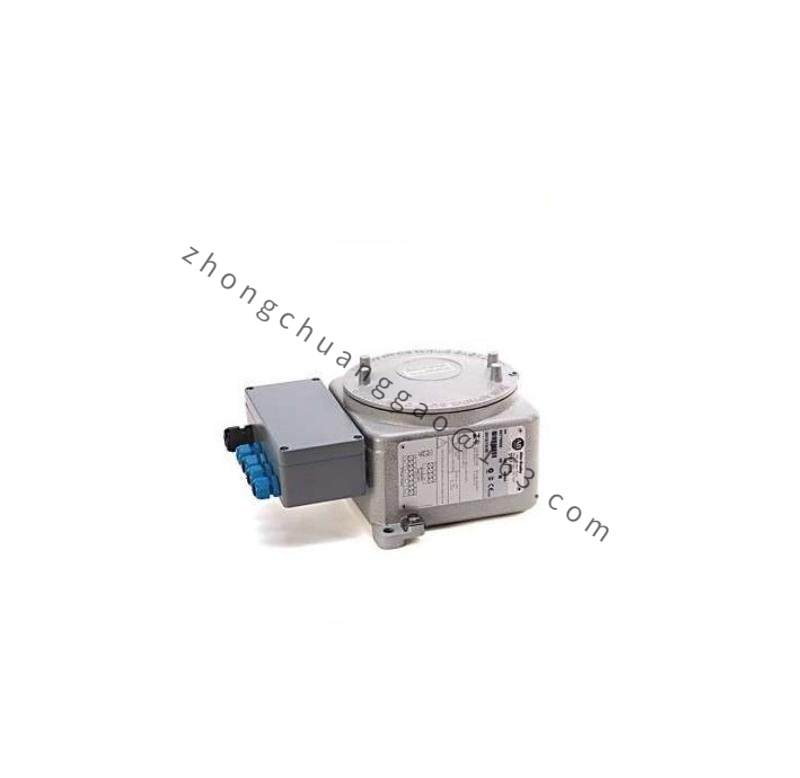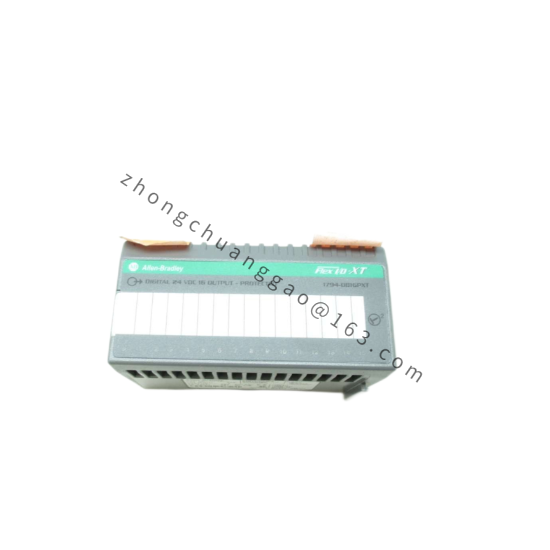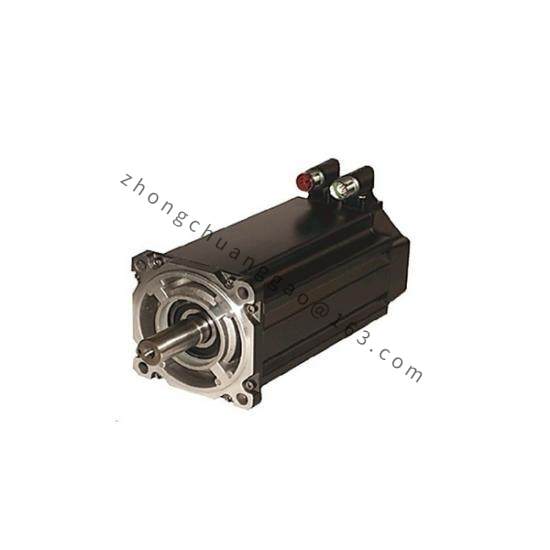AB Electronics AB 2198-DB42-F Three Phase Motor Controller, Precise Control for Industrial Applications
The AB 2198-DB42-F Three Phase Module is a high-performance electronic component designed for industrial automation systems, featuring robust three-phase control capabilities for efficient power management.
Detailed content
Operating Voltage:3-phase, 200-500V AC
Current Capacity:42A
Power Factor:≥0.9
Protection Class:IP54
Control Logic:Flexible PLC-based control
Operating Temperature:-20°C to +50°C
The AB 2198-DB42-F Three Phase Module is engineered to meet the stringent demands of industrial environments, offering unparalleled reliability and efficiency. This module is meticulously designed to provide precise control over three-phase electrical loads, ensuring optimal performance and safety in diverse industrial settings.
Featuring a robust IP54 enclosure, this module is suitable for indoor and outdoor applications, protecting against dust and light splashes, thus enhancing its durability in challenging conditions. Its compatibility with a wide range of loads, including inductive and resistive, ensures versatile use across various industries.
With a communication interface based on Modbus TCP/IP, this module facilitates seamless integration with existing industrial networks, allowing for easy setup and monitoring through standard software tools. The inclusion of eight relay contacts enables direct control of motors, pumps, and other critical machinery, providing enhanced operational flexibility and automation capabilities.
The AB 2198-DB42-F Three Phase Module boasts a high operating temperature range from -20°C to +50°C, ensuring reliable performance even in extreme environments. This makes it an ideal choice for applications where temperature fluctuations are common, such as in factories, warehouses, or outdoor installations.
Precision is at the heart of this module’s design. Its input resolution of 0.1% ensures accurate measurement and control, which is crucial for maintaining operational efficiency and minimizing energy waste. This level of detail allows for fine-tuning of processes, leading to improved productivity and reduced maintenance costs.
